Shakti Mishra
Forecasting Solar Power Generation on the basis of Predictive and Corrective Maintenance Activities
May 17, 2022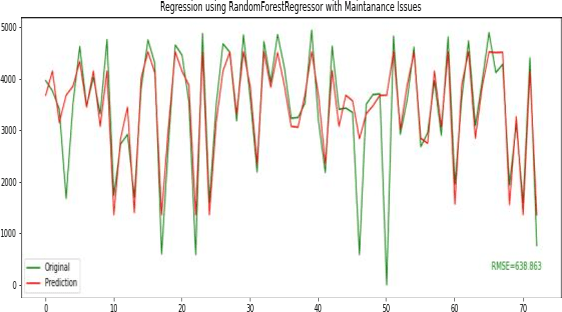

Abstract:Solar energy forecasting has seen tremendous growth in the last decade using historical time series collected from a weather station, such as weather variables wind speed and direction, solar radiance, and temperature. It helps in the overall management of solar power plants. However, the solar power plant regularly requires preventive and corrective maintenance activities that further impact energy production. This paper presents a novel work for forecasting solar power energy production based on maintenance activities, problems observed at a power plant, and weather data. The results accomplished on the datasets obtained from the 1MW solar power plant of PDEU (our university) that has generated data set with 13 columns as daily entries from 2012 to 2020. There are 12 structured columns and one unstructured column with manual text entries about different maintenance activities, problems observed, and weather conditions daily. The unstructured column is used to create a new feature column vector using Hash Map, flag words, and stop words. The final dataset comprises five important feature vector columns based on correlation and causality analysis.
Modelling resource allocation in uncertain system environment through deep reinforcement learning
Jun 17, 2021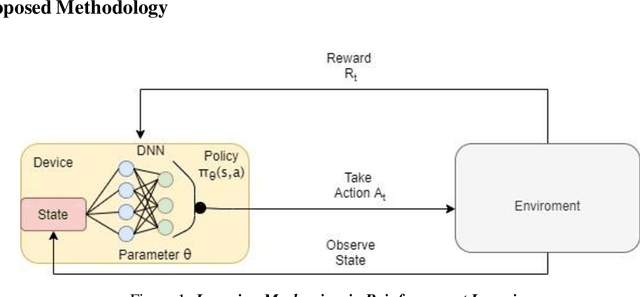
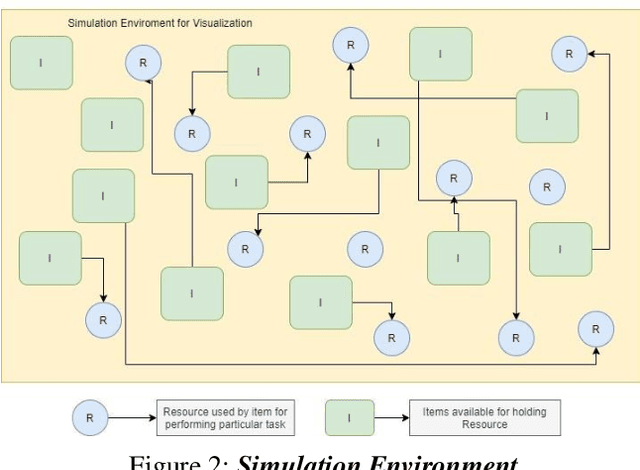
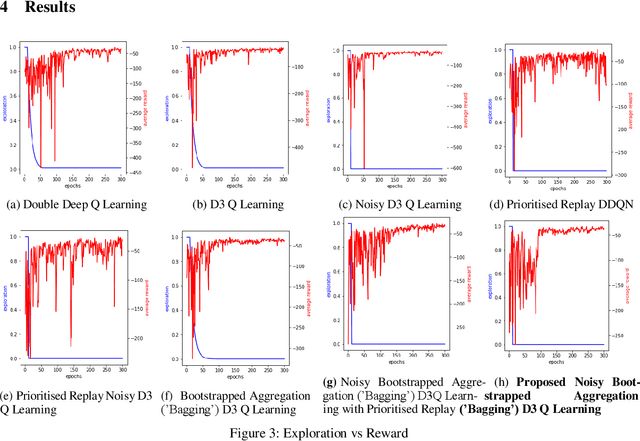
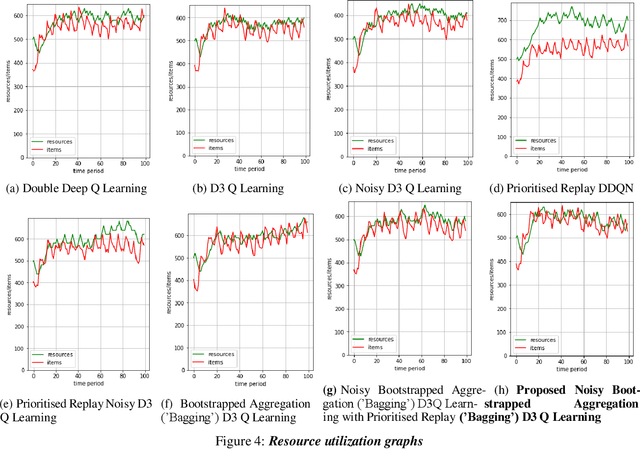
Abstract:Reinforcement Learning has applications in field of mechatronics, robotics, and other resource-constrained control system. Problem of resource allocation is primarily solved using traditional predefined techniques and modern deep learning methods. The drawback of predefined and most deep learning methods for resource allocation is failing to meet the requirements in cases of uncertain system environment. We can approach problem of resource allocation in uncertain system environment alongside following certain criteria using deep reinforcement learning. Also, reinforcement learning has ability for adapting to new uncertain environment for prolonged period of time. The paper provides a detailed comparative analysis on various deep reinforcement learning methods by applying different components to modify architecture of reinforcement learning with use of noisy layers, prioritized replay, bagging, duelling networks, and other related combination to obtain improvement in terms of performance and reduction of computational cost. The paper identifies problem of resource allocation in uncertain environment could be effectively solved using Noisy Bagging duelling double deep Q network achieving efficiency of 97.7% by maximizing reward with significant exploration in given simulated environment for resource allocation.
 Add to Chrome
Add to Chrome Add to Firefox
Add to Firefox Add to Edge
Add to Edge